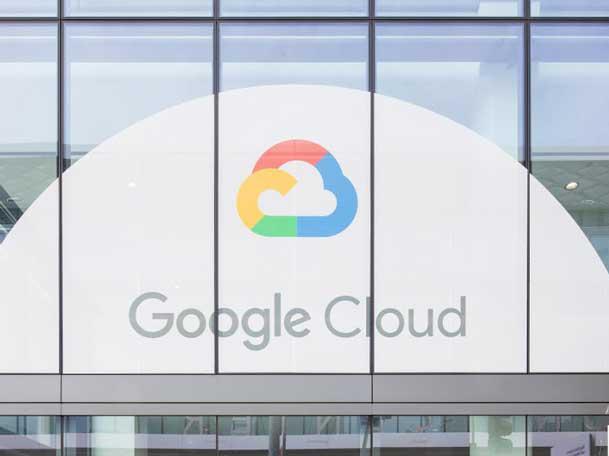
Cloud Computing
- October 6, 2022
- 5:15 pm
- No Comments
Introduction
You’ve probably heard the term “cloud computing” before, but what does it actually mean? And is it something you should be using for your business?
What Is Cloud Computing?
Cloud computing is the delivery of computing services—including servers, storage, databases, networking, software, analytics, and intelligence—over the Internet (“the cloud”) to offer faster innovation, flexible resources, and economies of scale. In other words, it’s a way to get all the benefits of technology without having to worry about the hassle (and cost) of maintaining it yourself.
You can think of cloud computing as the next step up from using a service like Netflix or Spotify. With those services, you’re still using technology that’s housed in somebody else’s data center. But with cloud computing, you’re outsourcing not just your entertainment, but your entire infrastructure.
Pros of Cloud Computing
When it comes to cloud computing, the pros are pretty clear:
First and foremost, cloud computing is extremely flexible. With the flick of a switch, you can add or subtract services to meet the needs of your business. You’re not locked into a contract, and you can cancel or change your plan at any time.
Second, cloud computing is cost-effective. You only pay for the services you use, and you can scale up or down as needed. This means you’re not stuck with a lot of excess capacity that you’re not using—or vice versa.
Third, cloud computing is efficient. You don’t have to worry about maintaining your own servers or software—that’s all taken care of by the cloud provider. This means you can focus on your core business and leave the technology to the experts.
Cons of Cloud Computing
Cloud computing definitely has its pros, but there are some potential cons you should be aware of before making the switch.
First off, cloud computing can be expensive. You’re essentially paying for a service, and that can add up over time. Second, if you’re not careful, your data can be vulnerable to hackers. And finally, if your Internet connection goes out, you could be in trouble.
So, is cloud computing right for you? That’s something only you can answer. But it’s certainly worth exploring the pros and cons before making a decision.
Should Your Business Switch to Cloud Computing?
So, should you switch to cloud computing? The answer is it depends. There are definitely some pros to consider, but there are also some cons that you need to take into account.
For starters, cloud computing can save you money in the long run. You don’t have to buy or maintain your own servers, and you can use less storage since it’s all cloud-based. Plus, you can access your data from any device, anywhere in the world.
But there are some drawbacks to consider as well. First of all, cloud computing is still relatively new, so there may be some glitches that you’ll need to work out. And if your Internet connection goes down, you won’t be able to access your data or applications.
So, weigh the pros and cons and make the decision that’s best for your business.
How to Make the Switch to Cloud Computing
Making the switch to cloud computing can seem daunting, but it doesn’t have to be. You just need to know what to expect.
First of all, you’ll need to assess your needs and decide what services you want to move to the cloud. Not everything needs to be migrated, and you can always start small. Once you’ve made that decision, it’s time to find a provider.
The next step is to create a plan. This is where you’ll map out your goals and decide how you want your transition to the cloud to go. There’s no right or wrong way to do this, but it’s important that you take the time to plan properly.
And finally, you’ll need to execute the plan. This is where the rubber meets the road, so to speak. Make sure you have everything in place before you make the switch, and then go for it!

FAQs About Cloud Computing
You might be wondering, what is cloud computing? Simply put, it’s the delivery of computing services—including servers, storage, databases, networking, software, analytics, and intelligence—over the Internet (“the cloud”) to offer faster innovation, flexible resources, and economies of scale.
That might sound a little confusing, but don’t worry, we’re going to break it down for you. Here are some of the most common questions about cloud computing:
- What are the benefits of cloud computing?
- What are the risks of cloud computing?
- What is the difference between public and private clouds?
- How scalable is cloud computing?
- What happens if there’s an outage?
Conclusion
There’s a lot to think about when it comes to cloud computing. It can be a great way to improve efficiency and save money, but there are also some potential drawbacks to consider. Make sure you do your research and weigh the pros and cons before making any decisions.
